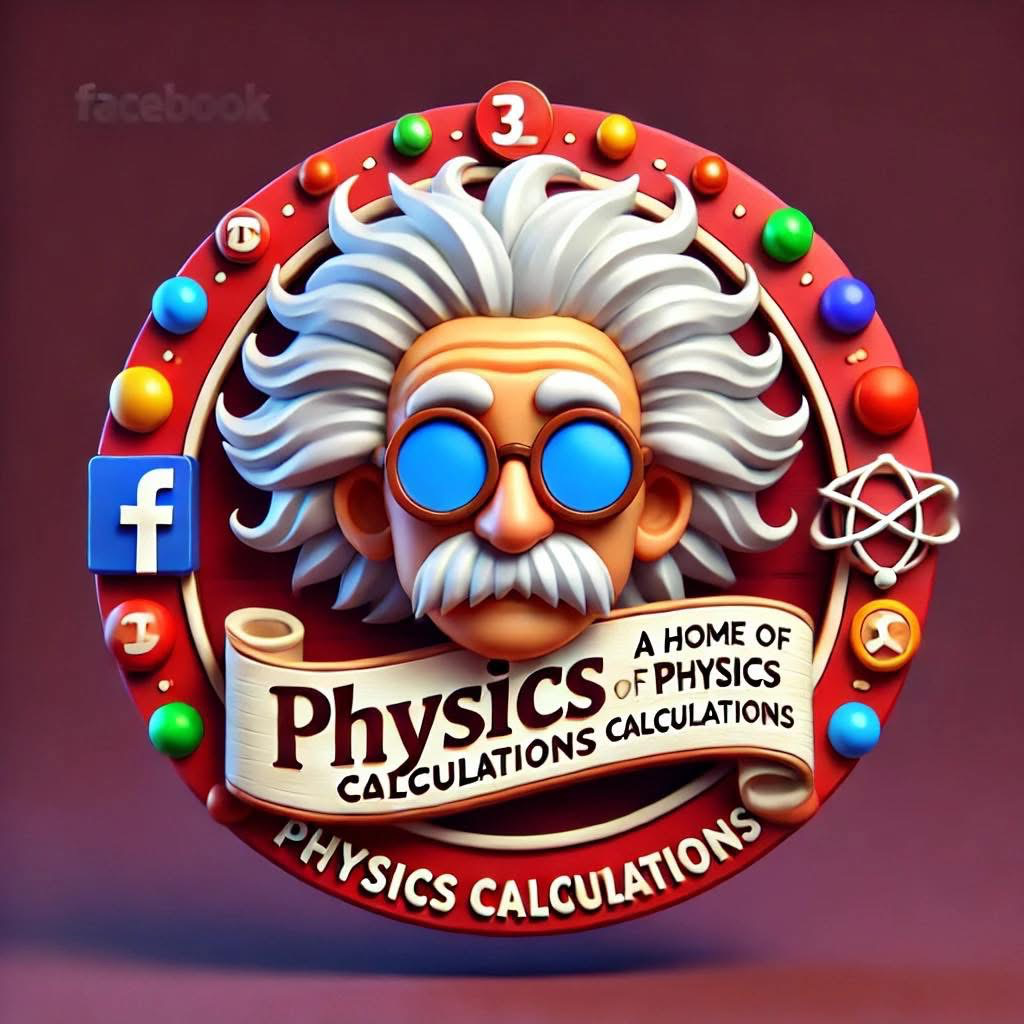What is the history behind the foundation of physics?
Aug 28, 2025
History of physics explained
View Video Transcript
0:00
What is the history behind the
0:02
foundation of physics? The foundation of
0:04
physics lies in humanity's attempt to
0:07
understand the natural world, motion,
0:09
matter, space, time, energy, and the
0:12
forces governing them. Physics
0:14
originated in ancient civilizations when
0:17
people observed the heavens, the motion
0:19
of objects, and natural phenomena like
0:21
light, sound, and heat. Early Greek
0:25
philosophers such as Theals, Aristotle
0:27
and Archimedes laid the groundwork by
0:30
asking scientific questions about
0:32
nature. Later the scientific revolution
0:34
in the 16th and 17th centuries
0:37
transformed physics into an experimental
0:40
and mathematical science through
0:42
pioneers like Galileo Galile, Johannes
0:45
Kepler, Isaac Newton and Christy
0:47
Unhygens. Their discoveries established
0:50
the fundamental laws of motion, gravity,
0:53
and optics. In the 19th century, James
0:56
Clerk Maxwell unified electricity and
0:59
magnetism, while thermodynamics
1:02
explained heat and energy. The 20th
1:05
century brought groundbreaking theories.
1:07
Einstein's relativity and quantum
1:09
mechanics from Plunk, Boore, Heisenberg,
1:12
and Shradinger, shaping modern physics.
1:15
Imagine. Think of humanity's journey
1:17
like a torch being passed from early
1:20
observers of the stars to Galileo's
1:22
telescope, Newton's falling apple,
1:25
Maxwell's equations of light, and
1:27
Einstein's thought experiments about
1:29
riding on a beam of light. In simple
1:32
terms, physics grew from curiosity about
1:35
nature into a precise science explaining
1:37
the universe from the smallest particles
1:40
to the largest galaxies. Key historical
1:43
points. Ancient era natural philosophy
1:46
Aristotle Archimedes Middle Ages Islamic
1:49
scholars Alhazen Avisa preserved and
1:52
expanded Greek knowledge scientific
1:54
revolution Galileo Newton Kepler laid
1:58
modern foundations 19th century Maxwell
2:02
Faraday thermodynamics energy
2:04
conservation 20th century relativity
2:08
quantum mechanics modern-day particle
2:10
physics cosmology quantum computing ing
2:14
examples Archimedes principal buoyancy
2:17
Galileo's experiments on falling bodies
2:20
Newton's laws of motion and gravity
2:22
Maxwell's equations of electromagnetism
2:25
Einstein's relativity and plank's
2:28
quantum theory applications of relevance
2:31
explaining natural phenomena space
2:34
exploration electricity and technology
2:37
modern inventions lasers semiconductors
2:41
education and scientific prog Progress
2:44
question. Who is considered the father
2:46
of modern physics? Answer: Galileo
2:49
Galile is often called the father of
2:51
modern physics for his experimental
2:53
approach. But Isaac Newton and Albert
2:56
Einstein are also seen as foundational
2:59
pillars.
#Physics
#Science

